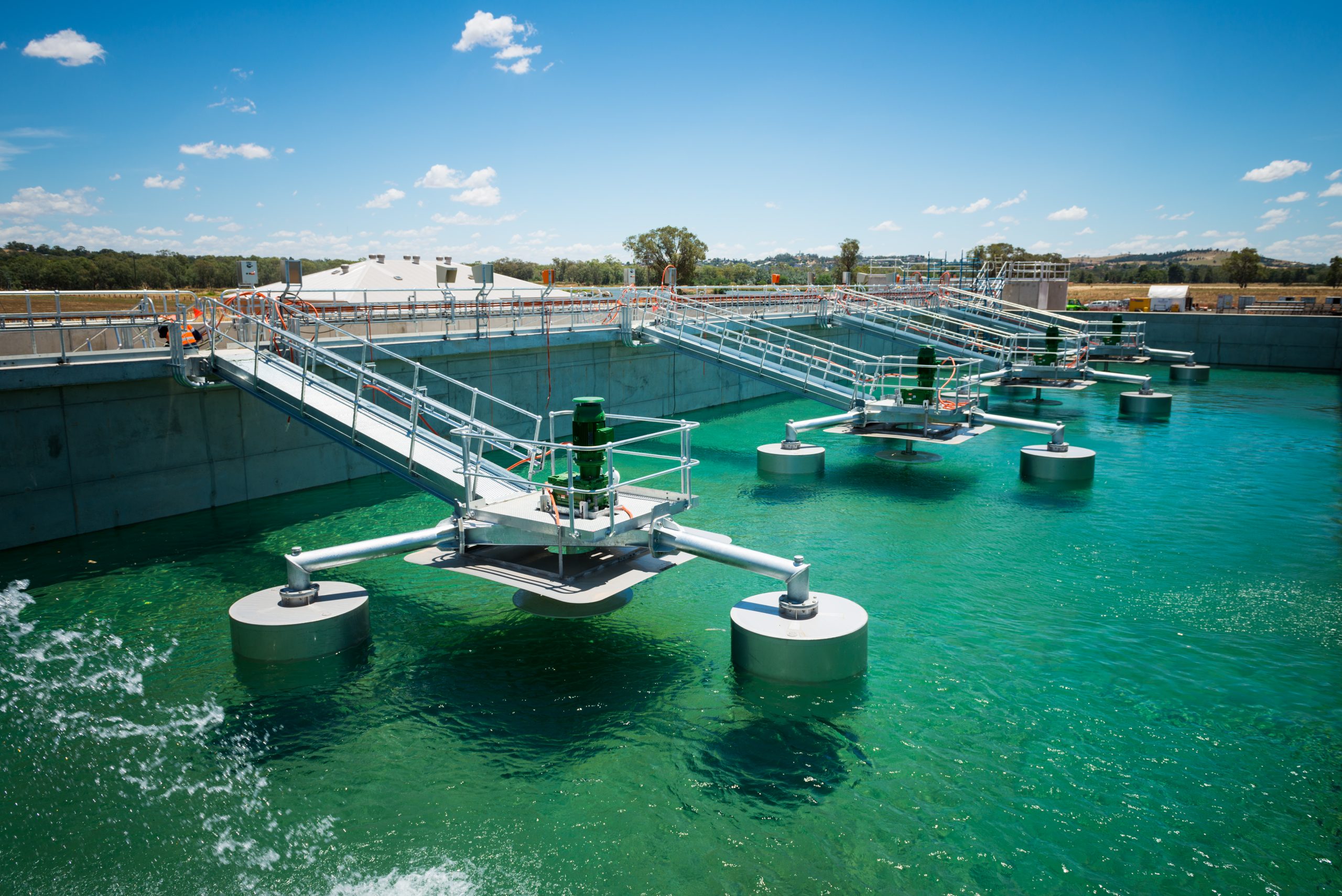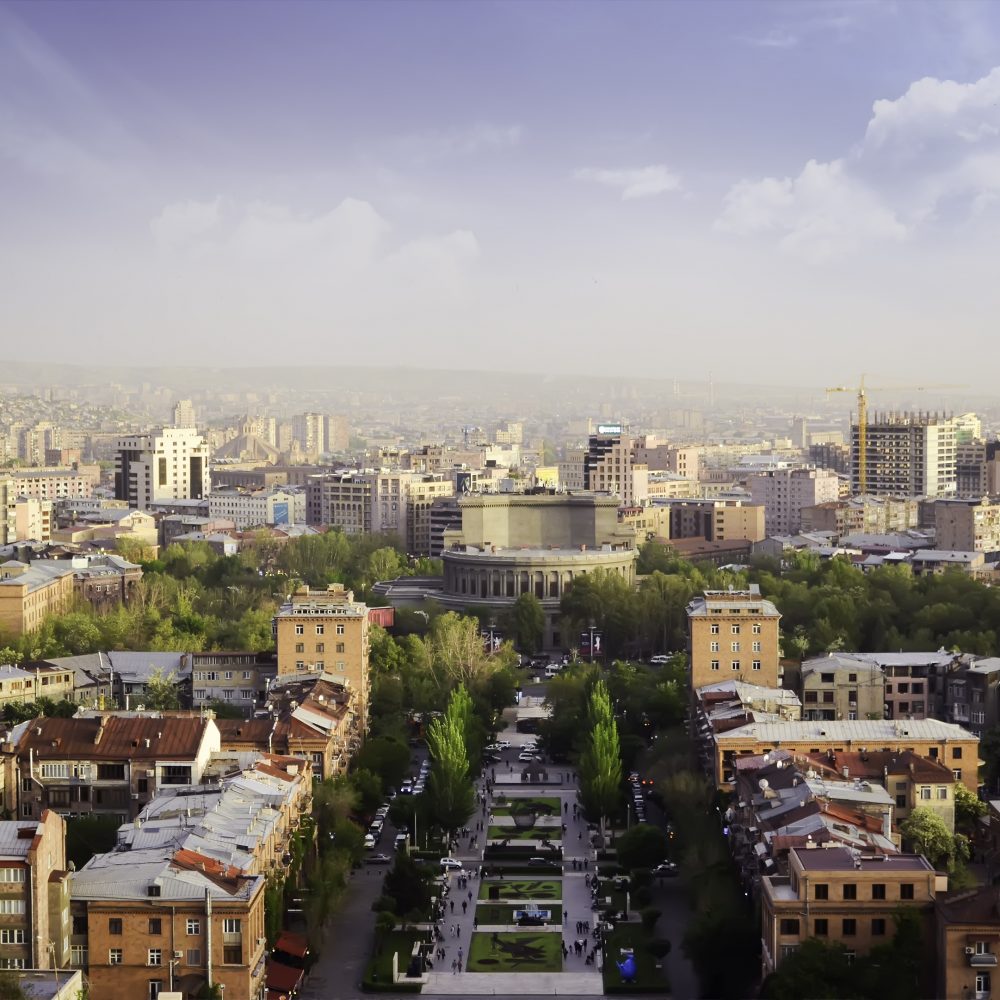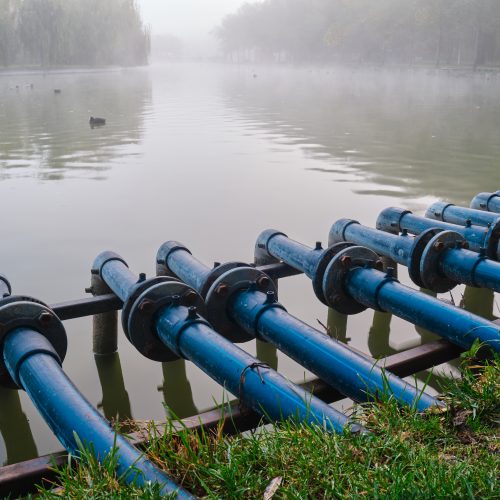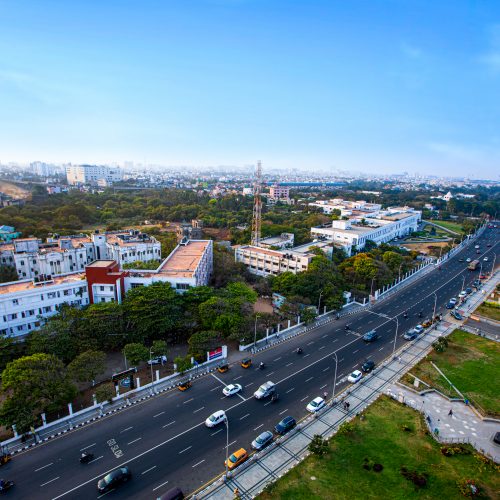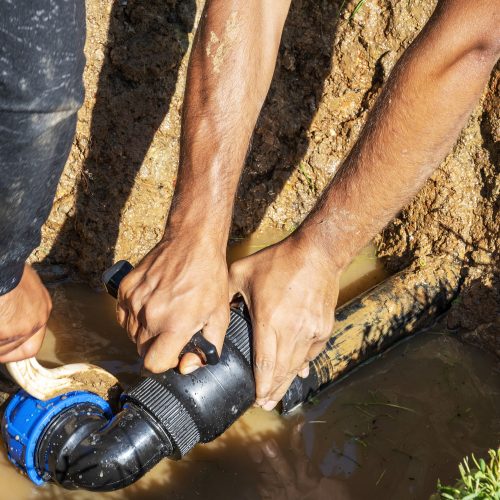Context and policy overview
In recent years Armenia has seen major achievements in relation to water resource management, to which the private sector has made significant contributions. Previously, Armenia had lagged behind European countries in terms of the non-revenue water ratios, water accessibility and supply.[1]
Yerevan, the capital of Armenia, is the largest and most populous city in the country. In the 1990s, Yerevan’s water utility company, the Yerevan Water and Sewerage Enterprise (YWSE), struggled financially and had a poor water system which was unable to supply water efficiently to city residents. Fee collections were only around 20 per cent, and revenue did not cover operational and maintenance expenses. The majority of customers (80 per cent) connected to the network could only access tap water for between 2 and 8 hours a day. Meanwhile, approximately 72 per cent of water in the network was lost through identified leakages across the system.[2]
Implementation
In 2000, the government of Armenia sought private input via a competitive tender to improve the provision of water services. Through the tendering process, the government commissioned Acea Spa Utility (Acea), a joint venture led by an Italian water operator, to run the water utility system for five years.[3] The appointment was designed to bring in private sector expertise to handle the water distribution network efficiently. An investment fund was created by the government and the World Bank in order to manage Acea’s capital investment for water utility services. With the aim of enhancing the water utility system, Acea created a programme to repair leaks, increased the gravity-fed water supply, fixed pumping stations, introduced meters and stabilised water pressure across the networks of three districts. These developments cost US$ 24 million and strengthened the water network across Yerevan.
There are differing degrees of private-sector participation (PSP) in the water sector. These can include minor outsourcing of non-core activities or private concession contracts where investment obligations and revenue risks are fully transferred to private operators. The performance-based contract introduced in Yerevan represented a moderate first step in terms of increased PSP, with only minor risks transferred to private contractors, which are linked to performance incentives. However, it was a first step that brought sector expertise and well-defined performance incentives into the city’s water services. It also helped to build capacity and experience of private contracting for the relevant water authorities. This experience later paved the way for wider and deeper PSP in the Armenian water sector.
Barriers and critical success factors
Political support and commitment by policymakers helped the public-private partnership (PPP) with Acea to succeed. Both the government and the operator demonstrated a willingness to resolve issues and agree on common benefits. PPPs are a way to resolve some water sector challenges, but are not the only tool that policymakers have. In order to benefit from the private sector, policymakers need to create a business environment that facilitates private-sector involvement, with a reasonable legal and regulatory framework.[4]
In Yerevan, several measures were taken to ensure strong results. These included performance targets, incentive mechanisms and an efficient selection process for procuring a contractor. Government and city officials, together with Acea, discussed progress and challenges to ensure that appropriate measures were taken.
A key lesson learned from the project was the importance of obtaining an accurate baseline for system performance before setting contractual performance targets. The project’s failure to meet targets for non-revenue water ratios was linked to the use of inaccurate baseline values.[5]
A significant part of the project’s success was the joint effort by the government and Acea to gain public acceptance for the work. This entailed early improvements to services before the introduction of tariff increases.
Results and lessons learned
Yerevan’s experience is an example of a well implemented PPP scheme using performance-based contract incentives. It demonstrates that these delivery models can produce positive outcomes for cities if appropriately structured with an effective statutory framework in place. More specifically, between 2000 and 2004, Yerevan achieved the following improvements:[6]
- a significant increase in access to water, with the availability of water increasing from 6 to 18 hours per day
- an increase in fee collection from 20 to 80 per cent
- a fall in electricity consumption by 30 per cent, exceeding the initial target of 20 per cent
- a stronger focus on sustainability, improving the resilience of the network
- a stronger financial performance due to reductions in energy use and water losses and a dramatic improvement in collection rates
- a 10-year contract between the government and Veolia, a French water company, following the success of the project.
The city’s experience also illustrates the importance of transparent and predictable regulation as well as contract implementation by a competent public authority. These are necessary not only to avoid disputes but also to ensure good bidding processes, with strong competition between serious and competent companies that fully understand what they are bidding for and feel comfortable with the regulatory environment.
Lastly, Yerevan’s experience with performance-based management contracting demonstrates the need to have realistic expectations about the scale and pace of reforms in the water sector. Sustainable changes to a system require time to take effect.



